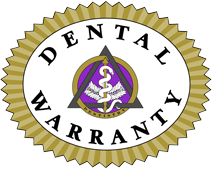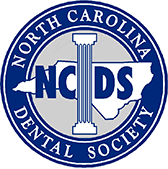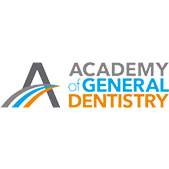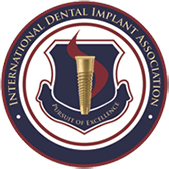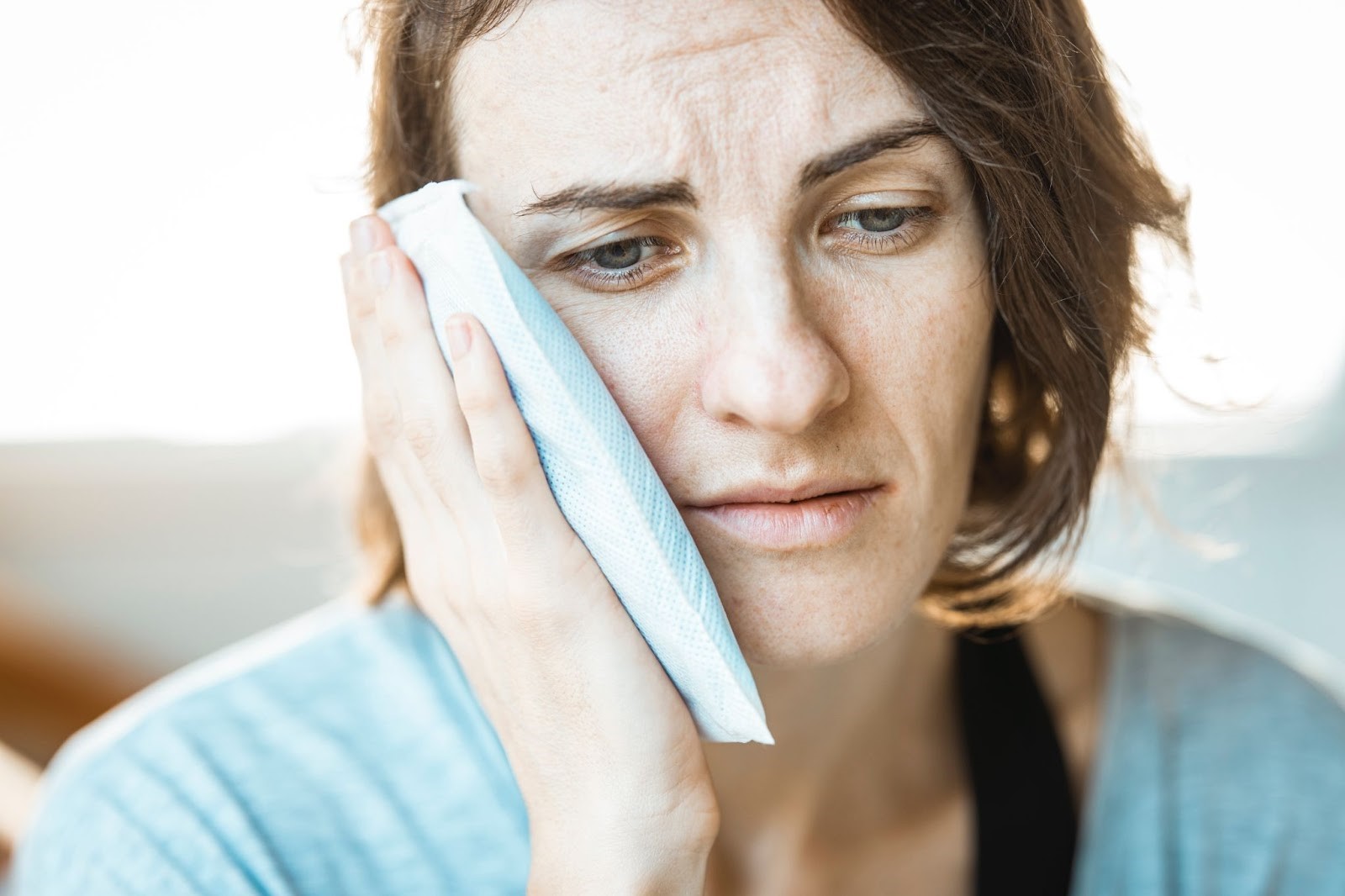
You’ve probably heard that sugars, candies, and alcohol influence dental health and can lead to tooth decay. But, a lot of factors besides the things we eat and drink influence the buildup of plaque and tartar and overall oral health.
Oral health is largely influenced by our lifestyles which include the various types of stress that impact us on a daily basis.
Understanding how these stresses affect your dental health not only prevents serious health problems in the future but also ensures that your oral health and smile confidence are maintained all year long.
Differences between plaque and tartar
Definition of oral plaque
Plaque is the sticky, colorless biofilm that forms on the surface of your teeth. This biofilm is an ecosystem of bacteria. Bacteria live there, and they secrete acids which eventually lead to gum disease or even tooth decay.
Plaque develops as a result of sugars, candies, and other food particles that are left on the surface of the teeth.
Definition of tartar
Simply put, tartar, also called dental calculus, is hardened plaque. When plaque is not removed by regular brushing and flossing, it hardens, forming crystalline deposits on your teeth, called tartar or calculus.
Tartar cannot be removed by ordinary brushing and flossing, but only by the intervention of a dental professional to remove the tartar.
Understanding the Impact of Physical Stress on Oral Health
Physical stress involves all sets of physical activities such as injuries, jaw issues, disorders of chewing muscles, brushing, and teeth grinding.
Some physical stressors affect our health and the level of plaque buildup.
Good physical stress
Brushing and flossing
Brushing and flossing are key players in the prevention of plaque buildup. Brushing is a beneficial physical stress that not only cleans your teeth but also disrupts and removes existing plaque.
As a rule, try to brush twice as much as you floss. Brushing alone may not go between the teeth or stimulate the gums.
Hence, flossing is a complementary dental hygiene practice to complete what a toothbrush cannot do. However, if you floss alone without brushing, plaque will build up which could affect your tooth enamel and lead to cavities or other periodontal diseases.
Bad physical stress
Trauma
Dental trauma usually results from injury to the teeth, gums, or oral cavity. Chipped, broken, knocked out teeth, objects caught between teeth, and injuries to soft tissues may result in bleeding which could lead to gum diseases if not properly and immediately treated. These physical stressors are not good for your oral health.
Accidents
Accidents, either unexpected or due to sports injuries, may lead to traumatic dental health experiences.
This physical stress impacts dental health and requires quick action involving a visit to the dentist to prevent long-term problems through cosmetic and restorative dentistry.
Emotional stress/Psychological stress
Good emotional stress
Excitement
For most people, it is rare to consider the role excitement plays in oral hygiene. There’s a direct correlation between a smiling, excited jaw and the level of mouth hydration that moment produces. In the same way, there’s a similarcorrelation between angry, tight jaw bones and oral hygiene.
Think about it, why does the mouth sometimes stink when you don’t eat or drink all day and when you don’t talk for a long time? Why does the same thing happen with our breath when we wake up in the morning?
During these periods, the level of saliva secretion is at its lowest, hence mouth hydration is at its barest minimum. This disrupts the pH environment of the mouth and increases the exposure of the teeth to oral acids, which could lead to tooth decay.
A lot of positive emotional responses stimulate the salivary glands. Excitement is one of the major factors which stimulates salivation and mouth hydration. A well-hydrated mouth is a healthy one. Adequate saliva in the mouth prevents plaque buildup and dental caries.
Bad emotional stress
Anxiety
It is not unusual for individuals to ignore dental care when they have anxiety. Converging lines of evidence have demonstrated that people with anxiety and depressive disorders often experienced increased dental decay and even tooth loss.
Reduced energy, motivation, and drive that are associated with anxiety and depression often impact oral health because of the tendency to neglect oral hygiene. Feelings of anxiety may come and go. However, when it becomes prolonged, it can interfere with our daily lives and ultimately our oral health.
Chemical stress
Good chemical stress
Different types of chemical stress impact oral health, from just the minute chemicals present in food particles down to recreational drugs. Numerous chemicals have adverse effects on dental health and may lead to oral problems and bad breath. Similarly, there are chemicals that are oral health-friendly.
Here are some of the good chemical stressors that impact dental health.
Vegetables and fruits
Many fruits and vegetables affect oral health. Fruits with high water content, such as apples, cucumber, and melons, are dental-friendly. These fruits are excellent alternatives to sodas, sugary drinks, starchy snacks, and candies. The water content in these fruits stimulates saliva production, which helps to fight off bacteria in plaque.
Apples are hard, fibrous fruits that clean your teeth, prevent tartar buildup, and prevent food particles from turning into tartar. Moreover, chewing on apples stimulates your gum, reducing the activity of bacteria within the gum line.
Also, leafy greens offer healthy nutritional minerals that are beneficial to oral health. Leafy greens are rich in folic acid and calcium, which are responsible for healthier, stronger teeth. Leafy greens fortify your enamel to make stronger, healthier teeth. They are loaded with fiber that prevents dental plaque and tartar.
Bad chemical stress
Now that you know chemicals that are good for your teeth let’s look at the bad chemical stressors that actually damage the teeth.
Highly processed foods with refined sugars
The simple truth is that most junk foods are loaded with sugar and fats, and they are bad for your teeth. The sugars in junk foods are the number one factor leading to plaque buildup and eventual tooth decay.
While highly processed foods may be wonderful for your taste buds, they are bad for your smile. Stay away from highly processed foods with refined sugar and save your smile.
Sodas
Sodas are heavily loaded with sugars. The sugars interact with the bacteria in your mouth to form acids that erode the tooth enamel.
Although you may be tempted to choose sugar-free sodas, the truth is that even sugar-free sodas contain their own acids that cause damage to the teeth. Sodas do not just erode the teeth; they actually cause decay which could develop into caries over time. Sodas are not a choice for your dental health. Green teas and low-sugar milk are better alternatives to sodas for your oral health.
Sweets and candies
Candies and sweets are major contributors to tooth decay. Most candies and sweets are high in sugars, so bacteria feed on these sugars to produce acids which ultimately erode the enamel and lead to tooth decay. Bacteria simply love carbohydrates and sweets, and candies are no exception.
Alcohol
Alcohol is not good for your teeth. It is acidic, so it is destructive to the enamel. Additionally, alcohol dehydrates the mouth.
Remember, a well-hydrated mouth is a healthy mouth. Alcohol decreases the amount of saliva in the mouth, making the environment convenient for bad oral bacteria. Alcohol also predisposes you to develop gum diseases.
You can protect your dental health by avoiding alcohol intake or reducing it to the barest minimum.
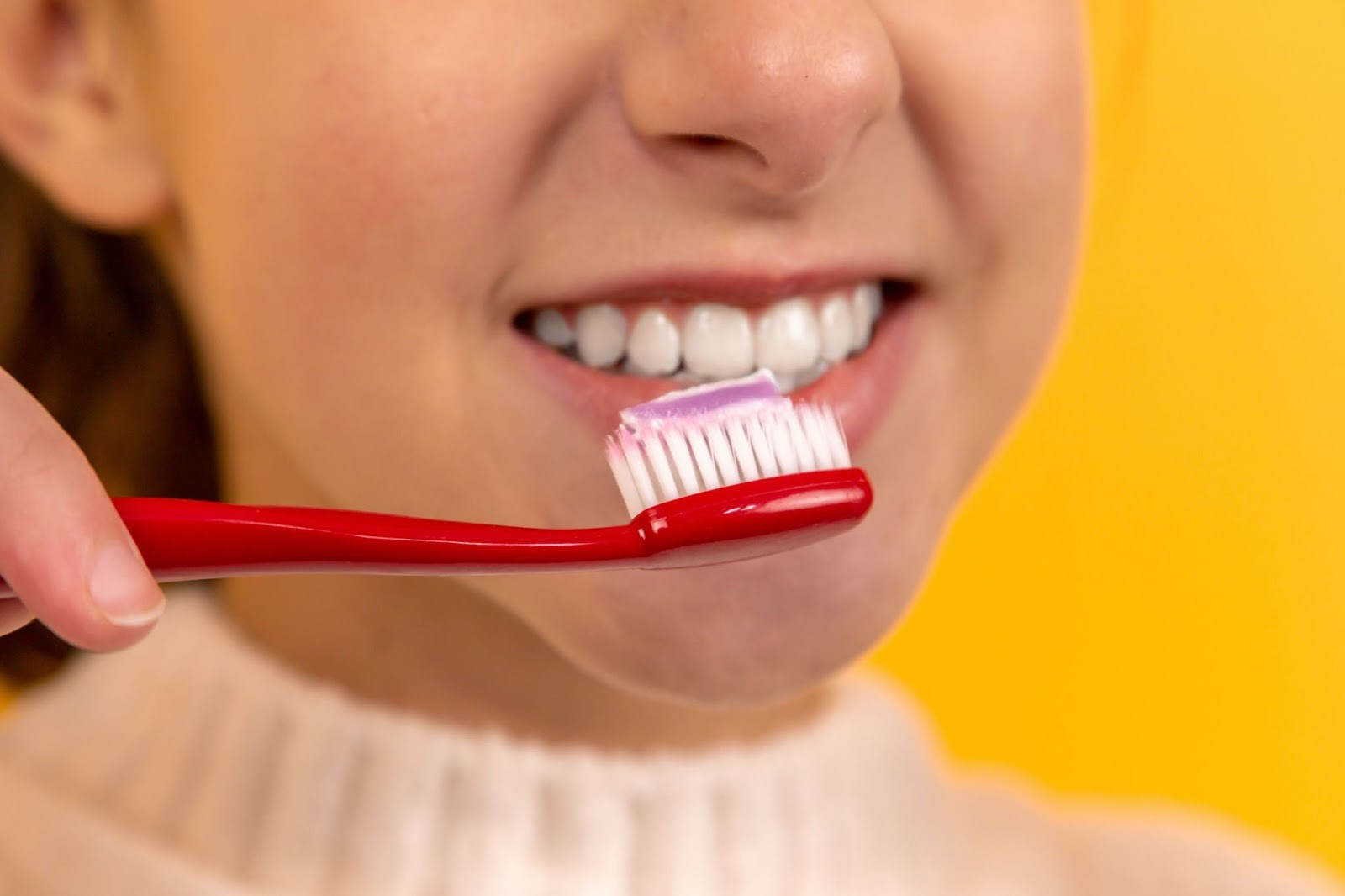
Tips to remove plaque and tartar buildup
Your dental health is influenced greatly by various stresses: physical, emotional, and chemical. To prevent tooth decay, you must get rid of plaques and tartar. Here are tips to remove plaque and tartar:
Brush regularly with fluoride toothpaste. Do this at least twice each day to disrupt already formed plaque or prevent the bacteria in plaque from demineralizing your teeth. You can also make use of an electric toothbrush to protect your teeth from plaque buildup. Then, regularly clean between your teeth using dental floss.
Use an antibacterial mouth rinse to reduce bad bacteria colonies that form in the mouth.
Brush with baking soda. Research has also demonstrated that individuals who brush their teeth with toothpaste containing baking soda remove plaque more effectively than those who brush with toothpaste that did not contain baking soda.
Conclusion
The secret to having a beautiful smile is practicing good oral hygiene. Regular brushing and flossing are recommended. However, the bad stressors that lead to plaque buildup and eventual tooth decay must be avoided. To learn more about how to protect your oral health, feel free to visit our YouTube channel for oral health tips.
At Modern Family Dental Care, our mission is to create beautiful, confident, and healthy smiles for everyone. Feel free to schedule an appointment with our team of dentists in Davis Lake, and Concord Mills.

